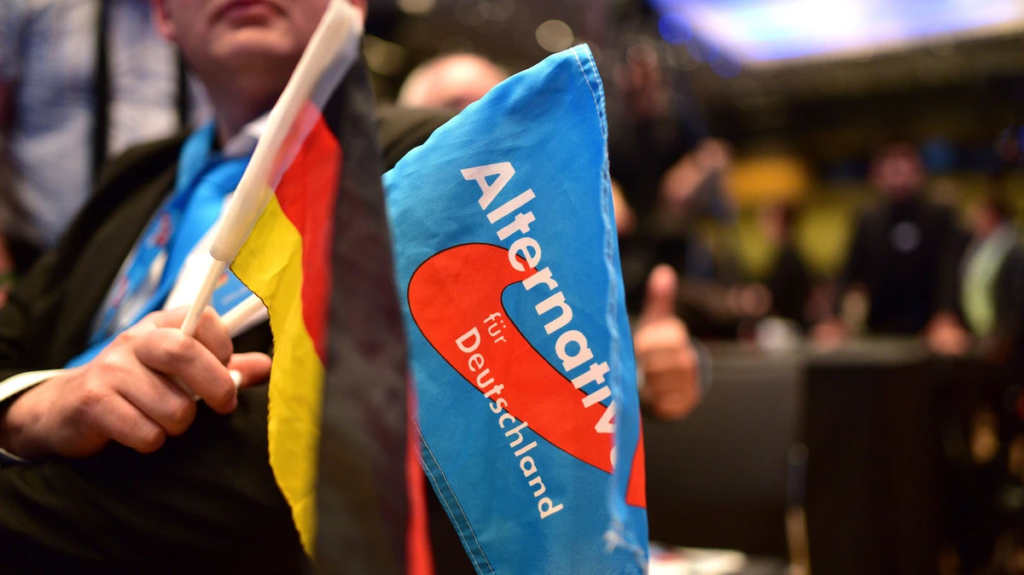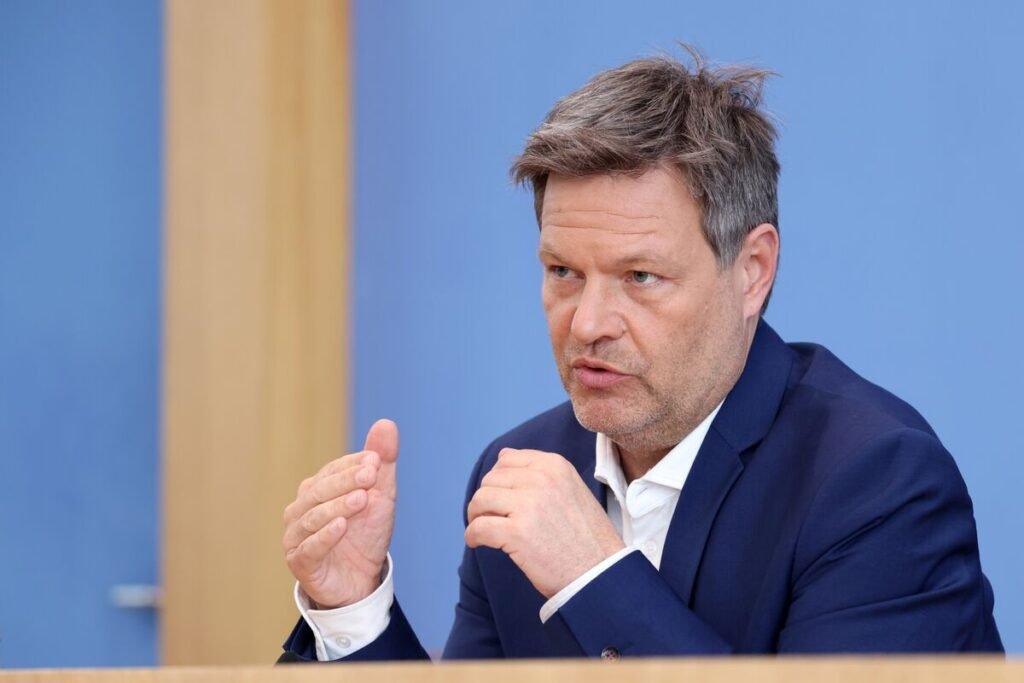As we enter 2024, Germany is bracing for a critical year of elections, with far-right forces gaining traction across the political landscape. The Alternative for Germany (AfD) has emerged as a significant threat, fueled by rising discontent over economic instability and immigration. The recent revelations by the liberal media outlet CORRECTIV about secret meetings between AfD politicians, right-wing extremists, and powerful business leaders near Potsdam have only intensified concerns. These clandestine discussions, centered around plans for mass deportations of migrants, underscore the growing influence of the far right.
With state parliament elections looming in Thuringia, Saxony, and Brandenburg, the AfD’s popularity is surging. In these federal states, the party has become the strongest political force, posing a serious challenge to the established parties. Meanwhile, local elections in nine states and the upcoming EU elections are expected to further consolidate the AfD’s power, as the party exploits genuine fears about declining living standards for its own reactionary ends.
A Fateful Year for Democracy
Germany’s most influential weekly magazine, Der Spiegel, has declared 2024 to be a “fateful year for democracy.” This sentiment is echoed by the ruling coalition of Social Democrats (SPD), Greens, and Liberals (FDP), as well as the opposition Christian Democratic Union (CDU).

Vice-Chancellor Robert Habeck (Greens) has gone as far as warning that the AfD aims to turn Germany into “a state like Russia.” Ironically, this warning comes from a government that itself has been restricting democratic rights, as demonstrated by its suppression of pro-Palestinian protests.
The political establishment’s hypocrisy is glaring. While decrying the AfD’s anti-democratic ambitions, the same parties have adopted policies that scapegoat migrants and the working class for Germany’s problems. Finance Minister Christian Lindner (FDP) recently blamed the unemployed and migrants for the country’s economic struggles, reinforcing reactionary narratives. Meanwhile, Chancellor Olaf Scholz (SPD) and Interior Minister Nancy Faeser proudly boast about the record number of deportations, with plans to further intensify these measures. The CDU has been no less complicit, demanding even harsher deportation policies.

The Hypocrisy of Capitalist Politicians
The governing coalition’s attempts to capitalize on the fear of the AfD ring hollow. While they pretend to oppose the far right, they continue to implement austerity policies that worsen the conditions for the working class. As food prices rise, wages stagnate, and housing becomes increasingly unaffordable, the government continues to funnel billions into the military-industrial complex. It is this very austerity and neglect that have created fertile ground for the rise of the far right.
Germany’s largest corporations, too, have joined the anti-AfD protests, but their motives are far from pure. These corporate giants, who benefit from government subsidies and tax breaks, are simply trying to preserve the status quo. Their support for the protests is not about defending democracy but about maintaining the economic system that serves their interests. The AfD’s rise is, in fact, the result of policies pursued by the capitalist class and its political representatives.

The Working Class Must Lead the Fight
The only way to truly defeat the AfD and its reactionary agenda is through the independent mobilization of the working class. The leadership of the German Trade Union Confederation (DGB), which has participated in the anti-AfD demonstrations, is making a grave mistake by aligning itself with the very parties that have caused the current crisis. By blurring the lines of class struggle, the DGB is playing into the hands of the far right, allowing the AfD to present itself as an “anti-establishment” alternative.
If the struggle against the AfD is to succeed, it must go beyond street protests. The working class must take this fight into the workplaces, organizing strikes and demanding that the banks and corporations pay for the crisis they have created. Only by challenging the capitalist system itself can we hope to dismantle the conditions that allow reactionary forces like the AfD to thrive.
As we face the critical elections of 2024, the stakes could not be higher. The fight against the AfD is not just about defeating a far-right party; it is about confronting the capitalist system that fosters inequality, division, and hatred. We must build a revolutionary movement that unites workers, students, and oppressed communities in a common struggle for socialism.

